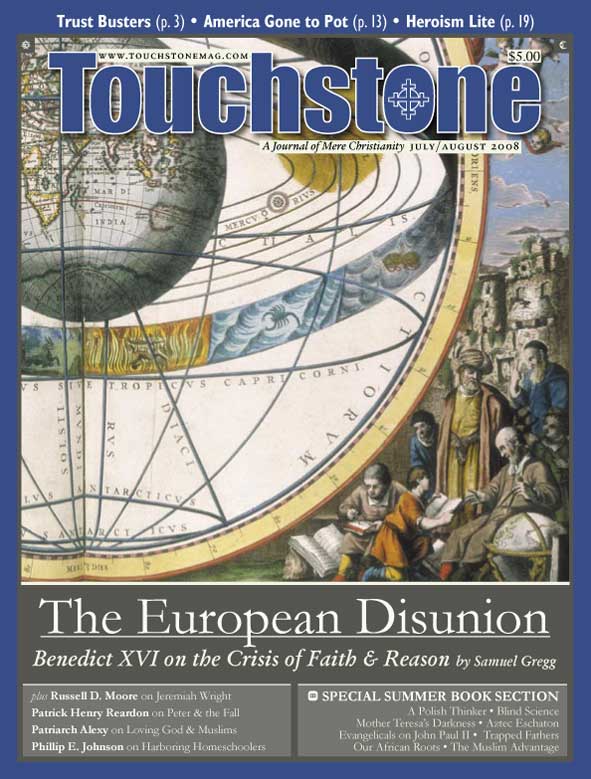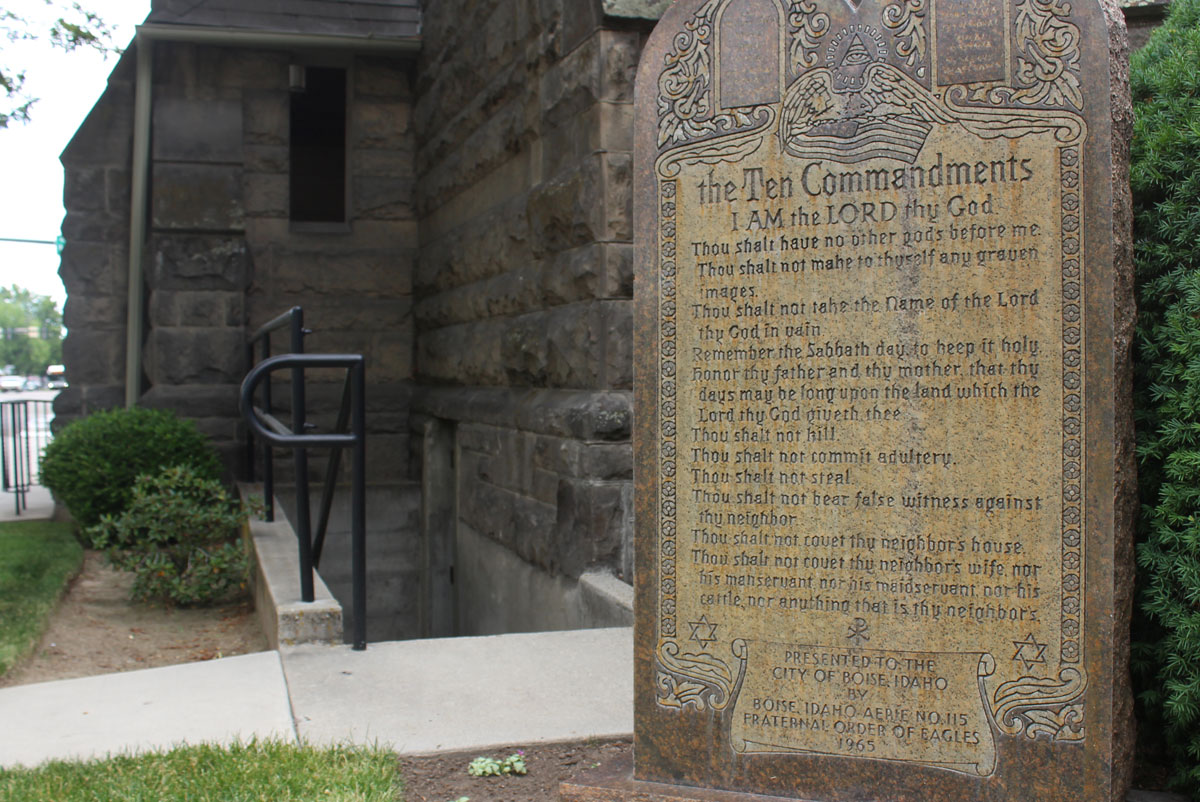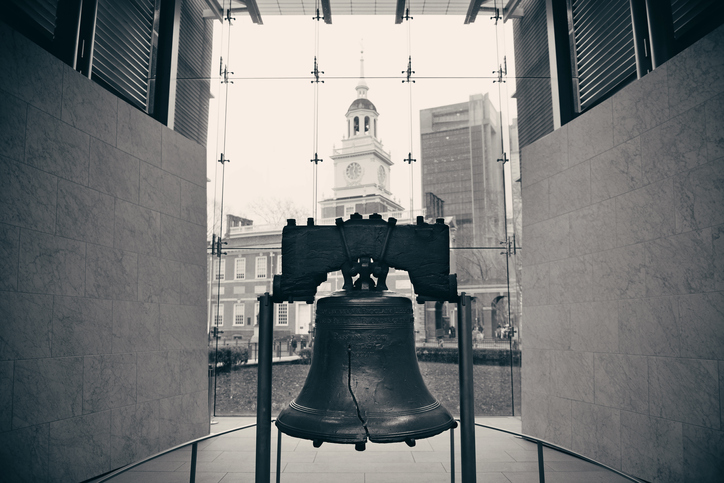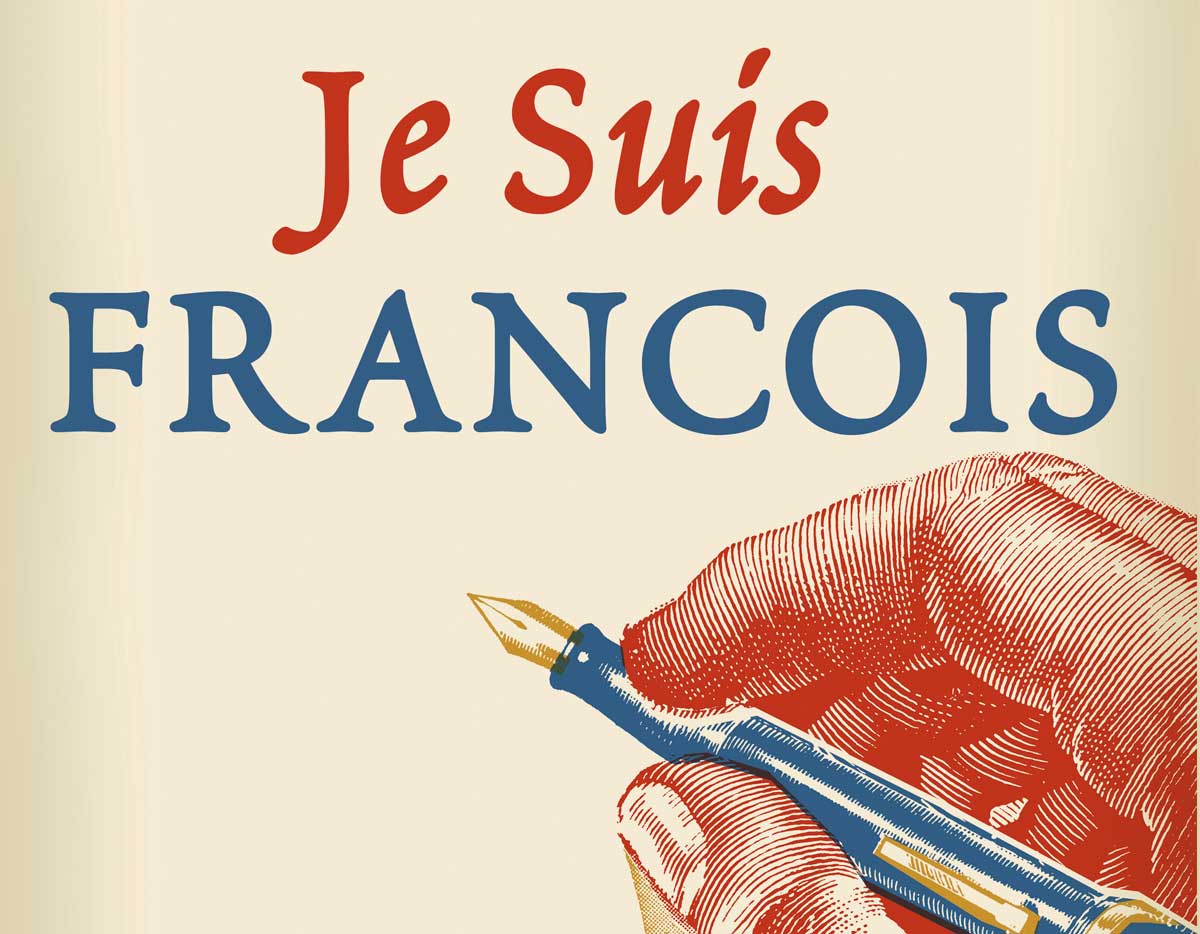View
Bored to Be a Hero
Peter A. Speckhard on Finding Molehills to Conquer
My wife and I really enjoyed the movie Juno, so we downloaded the soundtrack. The songs mostly go for a sort of half-serious folk, half-goofy summer-camp sound, with Kimya Dawson using a deliberately amateurish, unpolished sound for a sort of innocent-yet-world-weary authenticity.
You get the feeling these songs are meant to be performed by peer leaders during group time—they’re almost daring you to comment, so they can call you judgmental and part of the problem, while they’re all trying to be happy and mutually affirming in this mixed-up world. My problem with them isn’t that, but is with the lyrics and with the delusion that current geopolitical events somehow define our personal lives.
No Tough Times
But first, a disclaimer. I do not think I have ever experienced “tough times.” Having been born in 1969, I have a vague recollection of our family devotions including prayers for “Uncle George and Uncle Tom, who are at war in Vietnam,” which I probably only remember because it rhymes. The 1970s for me were all about childhood, not world affairs.
Then, in the early 1980s, seemingly everybody except me began to worry about a nuclear war. I knew that one might happen, and we were told that we lived in a key strategic area sure to be targeted by the Soviets. I daydreamed about being a survivor, having fended off the blast by holding a textbook over the back of my neck while kneeling under my desk.
It was never more than a story of adventure and survival (and personal heroism, I might add) to take my mind off whatever the teacher was going on about. I never lost a minute’s sleep because of the arms race. Whatever innocence my childhood lacked was traded away fair and square by me, not stolen by Ronald Reagan.
Then we were all supposed to get mad about how greedy everyone suddenly became in the mid-to-late 1980s. But pretty much everyone I knew was related to a Lutheran school teacher, so that issue never hit home, either. I went to college, got married, went to seminary, had children, became a pastor. The headlines didn’t really affect me.
Only twice in my life do I remember really pondering national or global events as though they really might fundamentally unite the course of my life with that of my whole generation. On the first day of the liberation of Kuwait in 1991, I was a college exchange student in Germany and in the US Army Reserves. Many people look back at Desert Storm as a big joke, but heading into it we had been promised the Mother of All Wars.
About a dozen of us Americans gathered in one dorm room listening to Armed Forces Radio. Everyone was thinking, “This could be it. This could be a turning point in all our lives.” Iraq would bomb Israel. Israel would respond, uniting all the Islamic countries with Iraq. Massive chemical and biological warfare would ensue. But that feeling lasted at most a few days.
The second time was, of course, 9/11. Like most churches, the church I pastored called a special service that night, and the church was full. When we sang the refrain, “Grant us wisdom, grant us courage, for the facing of this hour,” suddenly the words seemed to refer to a pretty specific hour. Only rarely does a whole nation or generation face a common hardship together in a way that really defines our personal lives as well.
But even after 9/11, things settled down. Airports reopened with new and annoying security measures. The rhetoric heated up. There was a brief war to topple Saddam Hussein, followed by a messy and ongoing occupation.
Which brings us to the present. My wife and I have six children, one of whom was stillborn. We’ve had all kinds of triumphs and setbacks, but the times that have tried our souls have generally not been times when major events tried everyone’s soul together, as they did during, say, the Black Plague, the Civil War, or the Great Depression. The story of my life (and most people’s, I would guess) could be told pretty accurately without ever mentioning the federal government or global events.
Lost Minds
Yet some people actually think that the current occupation of Iraq plays a really big, if not central, role in the lives of a whole generation of people, sort of like World War I did for a generation of English people. Consider the following lyrics from Dawson’s song, “Loose Lips”:
and we’ll pray, all d*** day, every day,
that all this s*** our president
has got us in will go away
while we strive to figure out a way we can survive
these trying times without losing our mindsso if you wanna burn yourself remember that I LOVE YOU
and if you wanna cut yourself remember that I LOVE YOU
and if you wanna kill yourself remember that I LOVE YOU.. . . so i’ll curate some situations, make my job a big vacation
and so I’ll say [gratuitous profanity directed at President Bush and the Iraq occupation to re-establish the singer’s “edgy rebel” credentials among the sing-along crowd].
Are we really to assume that people need to “figure out a way we can survive these trying times without losing our minds”? What trying times? I would submit that the last few years have, in general, been among the least trying in recorded history. If you barely made it through the hell of A.D. 2007 in America, you’re really going to be in trouble if anything bad ever happens.
So what motivates Dawson and her sing-along crowd to define their own daily struggle in life according to the Iraq occupation, as though it were a generation-defining struggle on par with the civil rights movement? Partly, I think, it is the perfectly understandable human tendency to externalize our own “issues.” We want a scapegoat.
The presumptive audience she sings to, the ones who just might feel like cutting, burning, or killing themselves, were probably going to feel that way regardless of who won the presidency in 2004. But it is nice to know that it’s somebody else’s fault.
And maybe in some cases it really is somebody else’s fault. Self-mutilation and suicide are serious problems, deserving of genuine love and caring attention, and as a pastor, I attend to such things more often than most. But they’re not the president’s fault.
And partly I think the promise of relatively effortless heroism appeals to all of us. Who doesn’t want to be a hero of some kind? But destiny helps choose our heroes for us. Not every soldier got a chance to storm the beach at Normandy; some of them, possibly equally brave, cooked the meals at Leavenworth. I myself have felt the sting of the cruel fates; for some reason, my town was never nuked in the 1980s, and so here I sit, a total non-hero instead of the bold survivor who single-handedly saved civilization in a post-nuclear wasteland.
Truly difficult times present tough challenges, but also opportunities for heroism. Other times are more comfortable, but hard on would-be heroes. So we make mountains out of molehills in order to have mountains to conquer; yes, Ms. Dawson, you’re ever so brave for making it through the day with Bush as our president in an era when, oddly, world peace did not prevail.
The Actual Task
But letting current events define your personal life presents a spiritual temptation, too. A large-scale crisis, real or imagined, puts the actual drudgery of the day on the back burner. Drama replaces boredom, failure becomes irrelevant or at least understandable, and basic personal morality becomes optional.
During a nuclear war, nobody cares if your homework is done. The focus on humanity at the macro-level, on the global scene, on the news of the day, actually takes the focus off the actual task of being human, which is living the particular life God gave you. So we long for some extenuating circumstance, something to alleviate the pressure of the mundane.
I could drop off the kids at school, go to work, run some errand on the way home, do some yard work, lead a few energetic, after-dinner kids’ games, and wrap it all up with an evening of income-tax preparation. But why bother, what with the war and all.
If I can construe the softly falling snow as a blinding blizzard, maybe I’m justified in not keeping my promises, and maybe I don’t have miles to go before I sleep but can rest wherever I find suitable shelter. Maybe then I can, like Dawson, “make my job a big vacation.” I understand the temptation. Apparently some people understand little else.
Peter A. Speckhard serves as senior pastor of St. Paul's Lutheran Church and School in Munster, Indiana, and the author of Connected to Christ: Why Membership Matters. He also serves as associate editor of Forum Letter, a monthly publication of the American Lutheran Publicity Bureau. He is a 1997 graduate of Concordia Seminary in St. Louis and a veteran of the U.S. Army Reserves. He has previously served congregations in Green Bay, Wisconsin and Spring Grove, Illinois. He and his wife Heidi, who teaches Latin at St. Paul's, have six children.
subscription options
Order
Print/Online Subscription

Get six issues (one year) of Touchstone PLUS full online access including pdf downloads for only $39.95. That's only $3.34 per month!
Order
Online Only
Subscription

Get a one-year full-access subscription to the Touchstone online archives for only $19.95. That's only $1.66 per month!
bulk subscriptions
Order Touchstone subscriptions in bulk and save $10 per sub! Each subscription includes 6 issues of Touchstone plus full online access to touchstonemag.com—including archives, videos, and pdf downloads of recent issues for only $29.95 each! Great for churches or study groups.
Transactions will be processed on a secure server.
more on culture from the online archives
more from the online archives
calling all readers
Please Donate
"There are magazines worth reading but few worth saving . . . Touchstone is just such a magazine."
—Alice von Hildebrand
"Here we do not concede one square millimeter of territory to falsehood, folly, contemporary sentimentality, or fashion. We speak the truth, and let God be our judge. . . . Touchstone is the one committedly Christian conservative journal."
—Anthony Esolen, Touchstone senior editor













